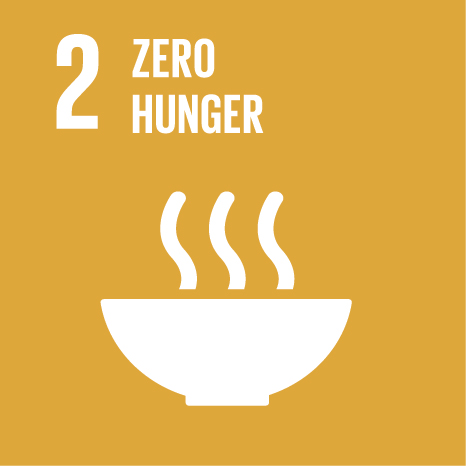The Sustainable Potential Development of Aquaponics in Portugal: An Exploratory Study on the Stakeholders Perceptions.
Event Title
International Conference on Applied Human Factors and Ergonomics
Year (definitive publication)
2020
Language
English
Country
United States of America
More Information
--
Web of Science®
This publication is not indexed in Web of Science®
Scopus
This publication is not indexed in Scopus
Google Scholar
This publication is not indexed in Google Scholar
This publication is not indexed in Overton
Abstract
Aquaponics is an agricultural practice recognized as innovative and sustainable by the Food and Agriculture Organization (FAO) of the United Na-tions. This new technique of food production includes aquaculture with hydro-ponic vegetable crops in a combination of fish farming and soilless plant farm-ing. Aquaponics is experiencing a period of rapid interest by the scientific community, public decision-makers, start-ups and new generation of farmers and businessmen. In the United States, aquaponics vegetables products can be certified as organic, since 2008, according to the federal law by the National Organic Program of the United States Department of Agriculture. In Europe, the first start-ups are just taking the first steps of industrial production. The COST Action FA 1305 allowed the development of a European Hub of aqua-ponics. Regarding the Portuguese market, the coverage of aquaponics by the media and broadcast has been intensive, as well as the scientific and public de-bate stimulated by the field. However, the socio-economic and institutional problems concerning to the commercial development of Portuguese aquaponics products remains unsolved. This study tries to overcome this gap and offers recommendations on how to promote the development of commercial aquapon-ics in Portugal. The main goal is to understand the basic constraints and prob-lems from the point of view of the stakeholders, public decision-makers and farmers. The methods include the qualitative analysis of interviews directed to the main stakeholders in aquaponics in Portugal. The results confirm unsolved problems at an institutional level that difficult the development of aquaponics in the Portuguese market. Yet, results seem to indicate that public local decision-makers, entrepreneurs and few young farmers are very motivated to develop aquaponics in Portugal. Therefore, we recommend more attention from public decision-makers to solve the main institutional restrictions of this innovative and sustainable activity.
Acknowledgements
--
Keywords
questionnaire,aquaponics,production,stadtholders’ perceptions
Contributions to the Sustainable Development Goals of the United Nations
With the objective to increase the research activity directed towards the achievement of the United Nations 2030 Sustainable Development Goals, the possibility of associating scientific publications with the Sustainable Development Goals is now available in Ciência_Iscte. These are the Sustainable Development Goals identified by the author(s) for this publication. For more detailed information on the Sustainable Development Goals, click here.

 Português
Português




